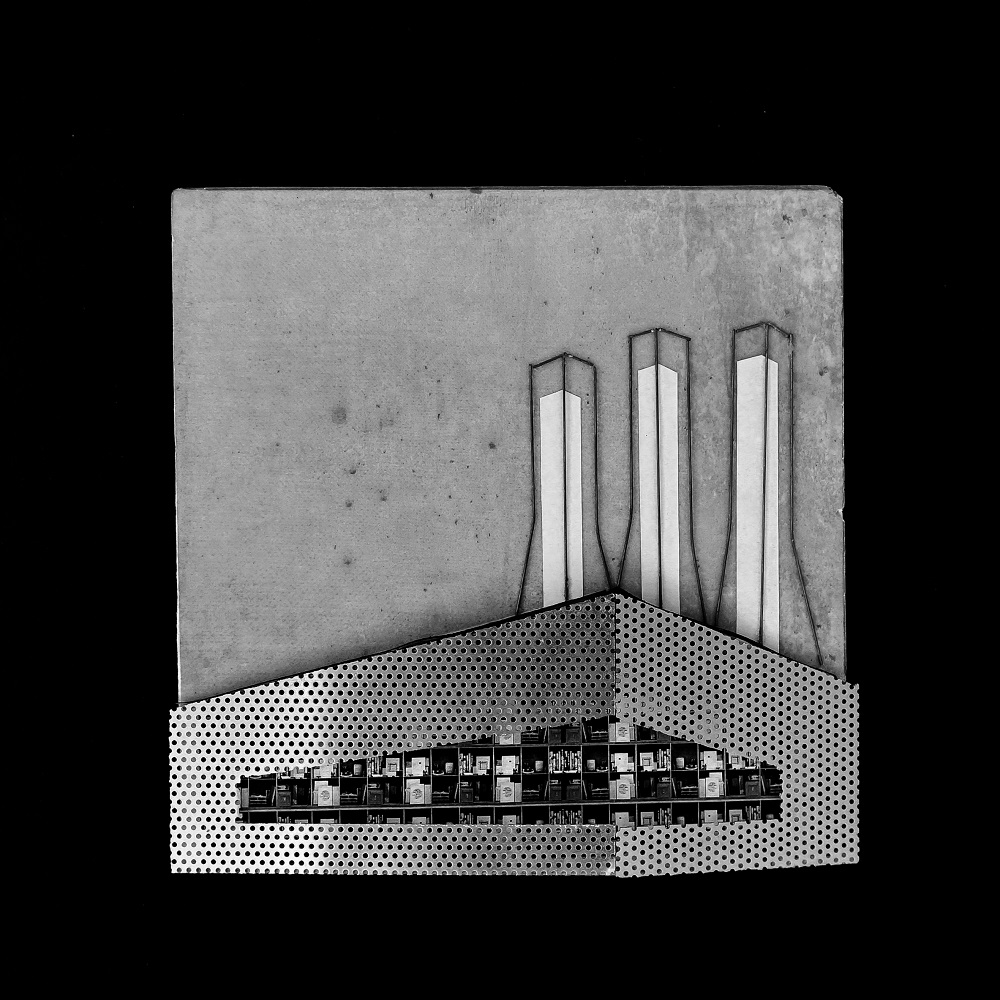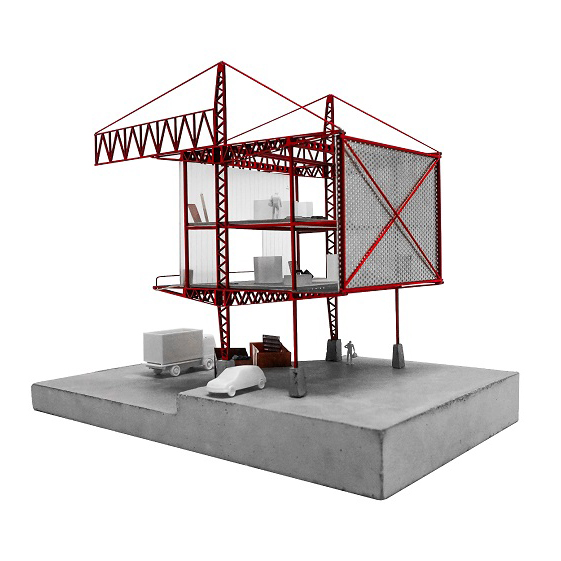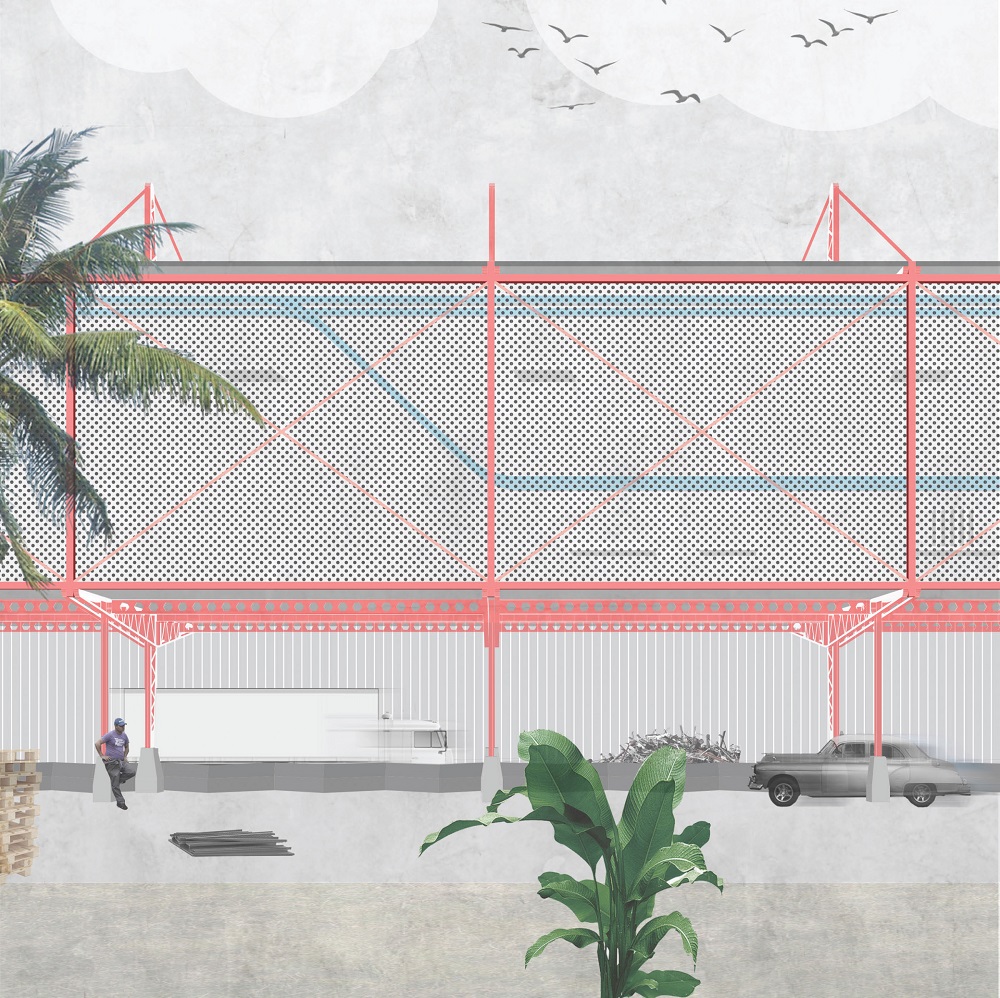Wesley Verhoeven
Complex Projects
ALAMAR’S MATERIAL WAREHOUSE
Student: Wesley Verhoeven
Title: Alamar’s Material Warehouse
Studio: MSc3/4 Havana Studio
Semester: Fall 2016
Abstract
Parallel to the Cuban Revolution a reuse and repair mentality emerged among Cubans. In the early days of the revolution American technicians left the island and so did their technical knowledge. Therefore Fidel Castro had to invest in the knowledge of technical education. ‘Worker build your own machinery’ and ‘To beat imperialism in the battle of replacement parts’ were slogans which triggered a makers movement. The inventiveness of Cubans became more explicit during the Special Period, a time of harsh conditions remarked by the lack of products. In order to survive this period the government published ‘El Libro de la Familia’, a handbook to repair, re-use and retrofit stuff around the house. All across the island homes turned into laboratories of DIY innovations. This Cuban ingenuity is known as technological disobedience. A Cubain perceives object completely different compared to our Western perception. Every object is a collection of smaller pieces and every piece can be reused or re-purposed in different ways.
Unconsciously Cubans created a sustainable reuse society in opposite to our Western throw-away society, which is defined by planned obsolence. As Cuba is on the brink of opening up to the world it will also open up to new material and capital flows, which at the same time will increase the waste production on the island. Therefore Cuba should respond to the changing conditions. Instead of making the same mistakes our Western throw-away society made, Cubans should embrace their reuse mentality and be a sustainable example to the world. Instead of land-filling, every object can be reused, repaired re-purposed or recycled. Alamar’s Material Warehouse incorporated the flows of disgregated materials. It functions as a machine which collects disregarded materials and turns it into new valuable resources through disassembling, recycling and up-cycling. Especially an outskirts of Havana, Alamar, which doesn’t profit from tourism or foreign investment could benefit of a circular economy.
Repository



